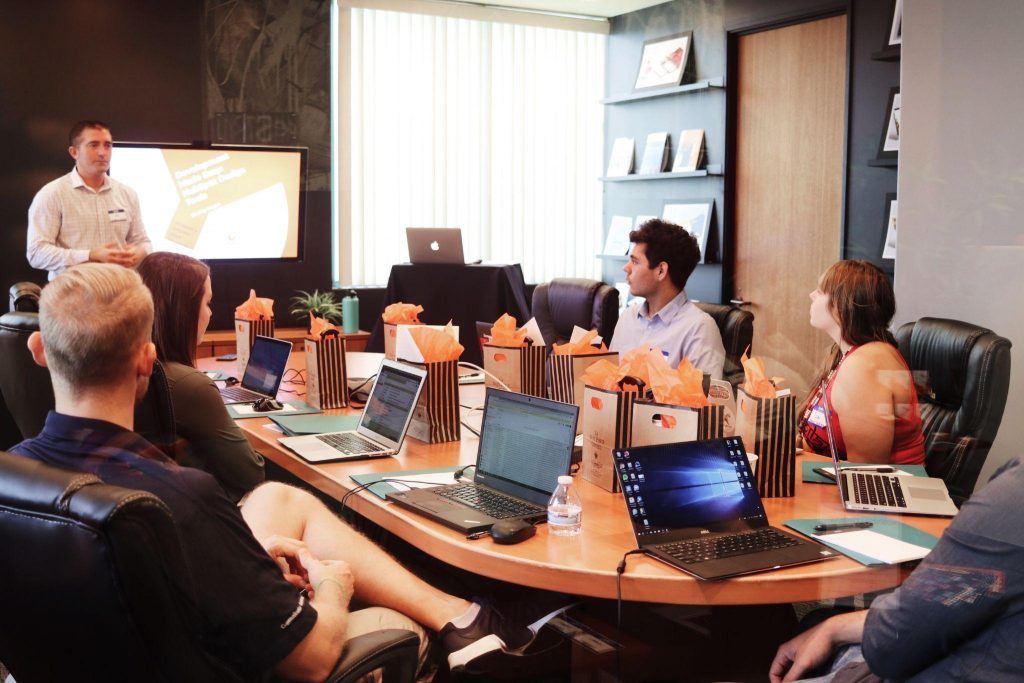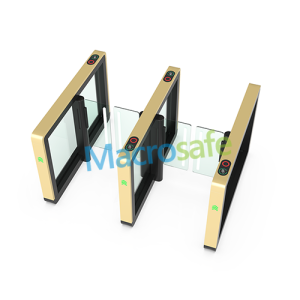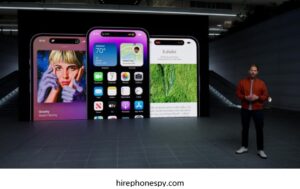Recruitment Strategies: Different Generations
3 min read
Recruitment Strategies: Different Generations
Last Updated on July 6, 2022 by Jonathan Lopez
Remember that you need to create this information to attract more candidates and make it genuine. So while your company doesn’t necessarily have all of these cultural characteristics, it may be time to adjust your culture to attract more Gen Z candidates.
Leverage social media channels
It is vital to find a Recruitment platform for your company. Not surprisingly, Gen Z is active on social media. Now that we’ve mentioned the apparent facts, let’s take a concrete look at attracting Gen Z on social media. Candidates of this generation have been familiar with social media since they were young and are the most active, so this should be considered when promoting the company. Keeping up with trends, joining different social media channels and creating your content will resonate with them.
To abstract this, let’s take an example of a growing software company on Thursday. A dating app that has become known for its excellent posts on LinkedIn. Specifically, the intern posted a weekly work assignment, jokingly articulating the company environment on Thursday. In addition, they always try to tell the company how to evaluate the intern and pay them for their work.
Not only did they have a lot of interest in their products, but they also became recognized employers by increasing the credibility of the company through internships rather than company profiles.
Recruitment strategy for Millennials
Millennials are often pigeoned as young, tech-savvy, and independent Gen Z, but there are still some differences between the two generations.
First of all, millennials are older than Gen Z, so they have different characteristics.
So, one of the main differences between the two generations is that Generation Z is much more independent, goal-oriented, and individualistic at work. Millennials focus on teamwork and integration of work into their lifestyle, while Gen Z focuses on managing their success and the end product of their work.
Understanding these differences will help highlight the characteristics of each group during the hiring process. Here are a few things to remember during the hiring process when hiring millennials:
- Emphasise collaboration culture
- See your ability to collaborate and work individually
- Flexibility around the office and WFT time
Highlight your collaborative culture
For millennials, it’s all about teamwork! And since this generation is thriving in a team environment. Highlight some collaborative aspects of your work for them. This includes introducing projects completed through collaboration by the team and portraying the atmosphere of the previous team building that the company organised for its employees. You can expect the best results by giving different skills to employees of different generations and finding their best “method”.
Therefore, if Generation Z wants a job personality and millennials want to establish good teamwork, the employer’s responsibility is to create a possible culture. Equality may be the answer to balancing individualistic and teamwork initiatives. And when you’re trying to attract relevant candidates, why not tell them on your job listings and career pages?
Check the abilities to collaborate and work individually
As mentioned in the previous paragraph, different generations thrive in slightly different working environments! Logically, more than one person is working in a company, so the goal is always to create an optimal environment for everyone. Therefore, it is essential to evaluate both individual and team skills. You can create different situation scenarios in the interview and test them based on the candidate’s reaction. You can also use useability and personality tests to see if the candidate fits your company’s environment. Recruiting candidates whose skills and personalities are suitable for your company is just as important. Therefore, communicate your requirements in good faith and do not compromise. This is best for everyone.
Flexibility around the office and WFT hours
When the younger generation is ready to work on new technologies independently, it makes sense to rely on the technological infrastructure they support at work rather than going to the office every day. These generations are constantly surrounded by technology, so they often connect with their loved ones with virtually no problems. They can also work from home, and it usually doesn’t make sense to be in the office after 1995. Therefore, the fixed 8-hour work schedule standard completely defeats its purpose in this generation. High volume Recruitment can only be effective if you can focus on the key points.






